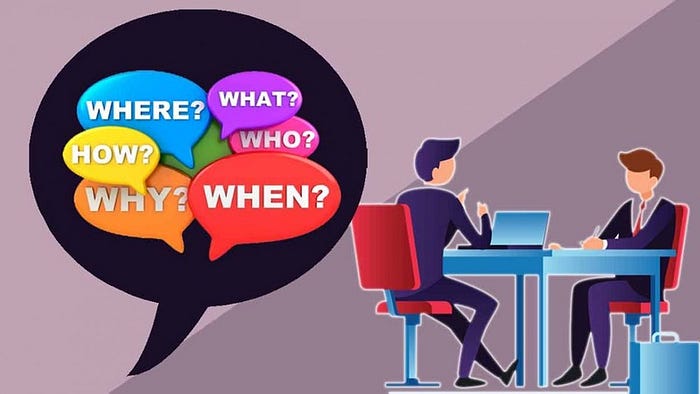The IAS (Indian Administrative Service) interview is the final stage of the Civil Services Examination, which is conducted by the Union Public Service Commission (UPSC) in India. The interview aims to assess the personality and suitability of the candidates for the administrative service.
The interview panel usually consists of 5–7 members, including a chairman. The interview generally lasts for 30–40 minutes, during which the panel asks a variety of questions to the candidate. The questions asked in the IAS interview can be broadly classified into the following categories:

1. Personal Questions: The interview panel starts with basic questions related to the candidate’s personal background, family, education, hobbies, interests, etc. These questions are asked to make the candidate comfortable and create a positive environment.
2. Current Affairs: The IAS interview panel asks questions related to the current affairs of India and the world. The candidates are expected to have a good understanding of the latest developments in various fields such as politics, economics, science, and technology.
3. General Knowledge: The panel may also ask questions related to general knowledge, including history, geography, sports, culture, etc. The candidate’s knowledge of the country and the world is evaluated in this section.
4. Analytical Ability: The panel may ask questions related to the candidate’s analytical and reasoning abilities. This may include solving puzzles or answering situational questions.
5.Ethics and Integrity: The IAS is a highly responsible position, and the panel evaluates the candidate’s ethical and moral values. Questions may be asked on the candidate’s understanding of social issues, their views on corruption, and their ability to handle difficult situations.
6.Personality Assessment: The panel evaluates the candidate’s overall personality, including their communication skills, confidence, and leadership qualities. The candidate’s ability to work under pressure, their attitude towards success and failure, and their vision for the future may also be evaluated.
In conclusion, the IAS interview is an important step towards becoming a civil servant in India. It is important for the candidates to prepare thoroughly and have a good understanding of the various aspects of the interview. By understanding the categories of questions asked and preparing accordingly, candidates can increase their chances of success.
Reference Link(OriginallyPosted: https://techplanet.today/post/what-are-the-main-questions-asked-in-ias-interview
https://eliteias.medium.com/what-are-the-main-questions-asked-in-ias-interview-8d7951e655cc
Comments
Post a Comment